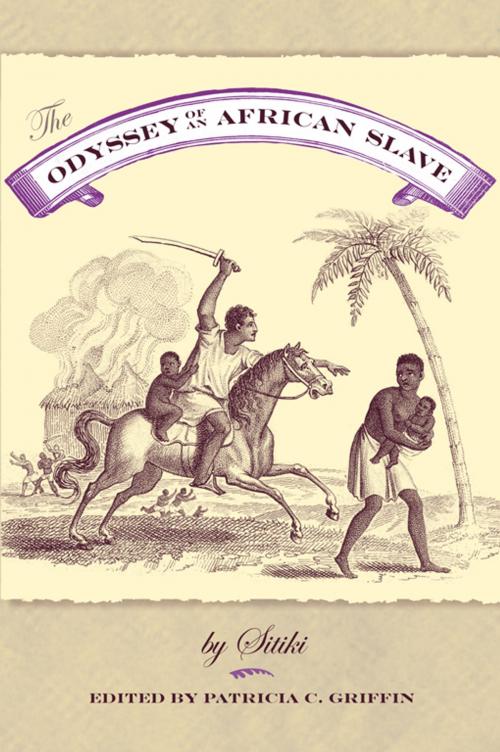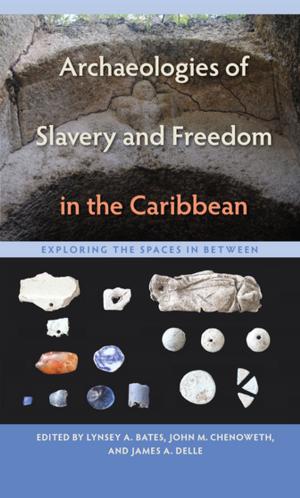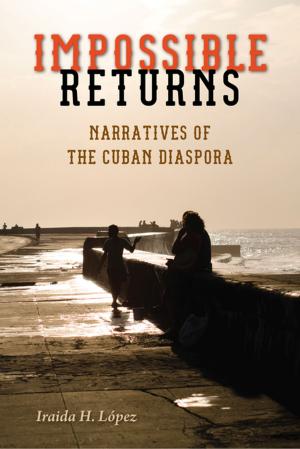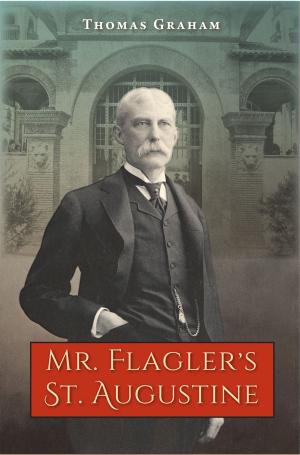The Odyssey of an African Slave
Nonfiction, Social & Cultural Studies, Social Science, Discrimination & Race Relations, History, Americas, United States, Biography & Memoir| Author: | Sitiki | ISBN: | 9780813047959 |
| Publisher: | University Press of Florida | Publication: | September 27, 2009 |
| Imprint: | University Press of Florida | Language: | English |
| Author: | Sitiki |
| ISBN: | 9780813047959 |
| Publisher: | University Press of Florida |
| Publication: | September 27, 2009 |
| Imprint: | University Press of Florida |
| Language: | English |
Recently discovered as a hand-written document in the Buckingham Smith Collection at the New York Historical Society, this remarkable first-person narrative traces the life of Sitiki, whose name was changed to Jack Smith after his enslavement in America.
Captured and sold into slavery in Africa as a five-year-old, Sitiki traveled to America as a cabin boy. Eventually sold by the ship's captain to Josiah Smith of Savannah, Georgia, he lived there and in Connecticut with his new master. Captured by the British during the War of 1812, he was returned to the Smiths, to be freed only after the Civil War. He went on to become the first black Methodist minister in St. Augustine, Florida, where he established his own church.
Patricia Griffin does not leave the story at the conclusion of the slave narrative, but explores Sitiki's experiences and places them in clear and valuable context. She presents the narrative unencumbered, allowing Sitiki’s authority, compassion, and personality to speak for itself.
Recently discovered as a hand-written document in the Buckingham Smith Collection at the New York Historical Society, this remarkable first-person narrative traces the life of Sitiki, whose name was changed to Jack Smith after his enslavement in America.
Captured and sold into slavery in Africa as a five-year-old, Sitiki traveled to America as a cabin boy. Eventually sold by the ship's captain to Josiah Smith of Savannah, Georgia, he lived there and in Connecticut with his new master. Captured by the British during the War of 1812, he was returned to the Smiths, to be freed only after the Civil War. He went on to become the first black Methodist minister in St. Augustine, Florida, where he established his own church.
Patricia Griffin does not leave the story at the conclusion of the slave narrative, but explores Sitiki's experiences and places them in clear and valuable context. She presents the narrative unencumbered, allowing Sitiki’s authority, compassion, and personality to speak for itself.















